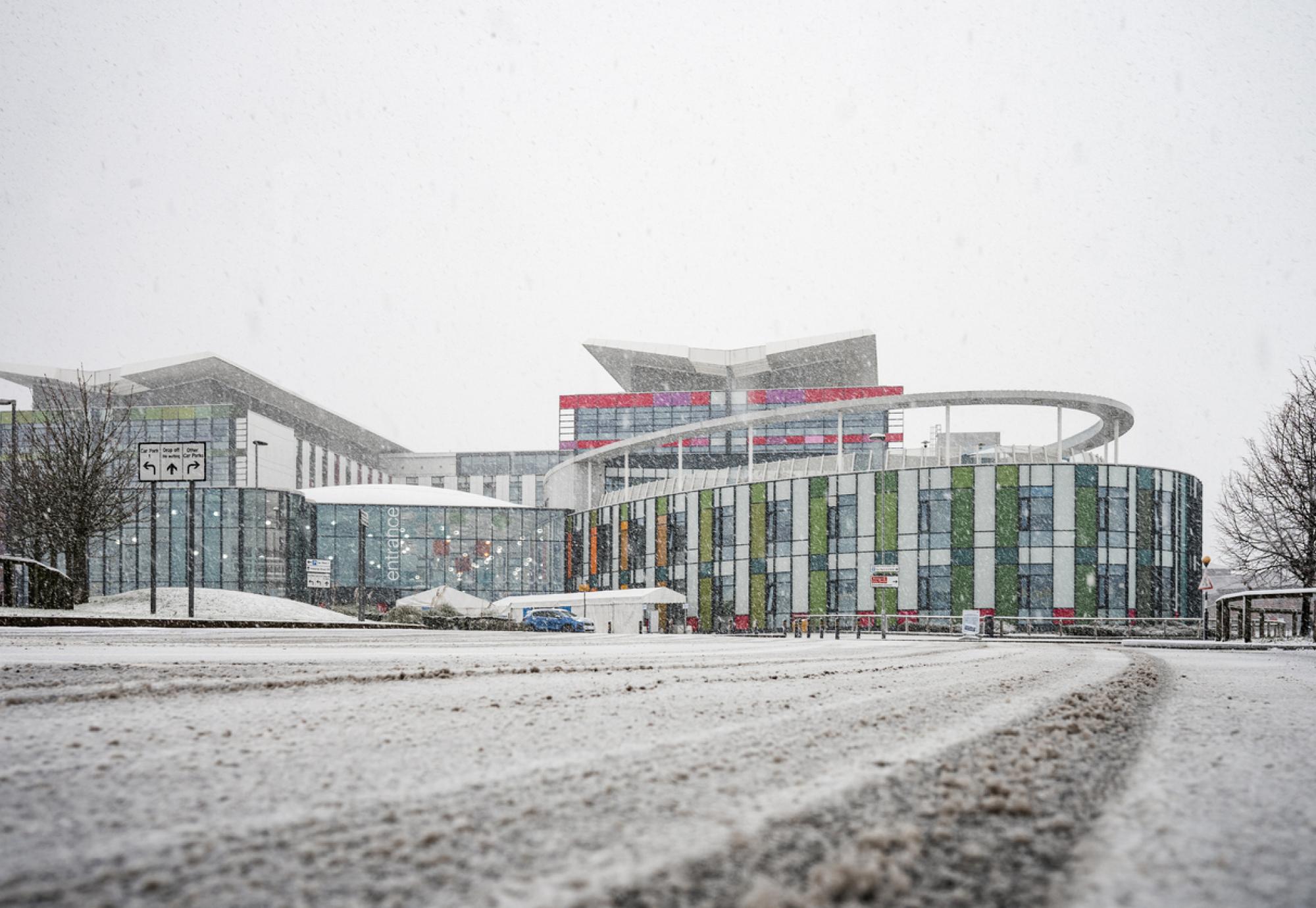As well as briefly addressing the subject of pay in his speech at NHS Providers’ conference in Liverpool, health secretary Steve Barclay also set out his key priorities for the coming months, as the NHS braces for what is now expected to be most challenging winter since records began.
Barclay said that supporting the NHS workforce will be his “first and foremost” priority for the winter, before adding that he was “focussing forensically” on the health sector’s recovery plans, whether that be for elective, urgent, or emergency care.
He added: “My focus will be on the areas that matter most to patients and workforce, and working with you on those practical measures of support.”
His second priority did come in the form of the health sector’s recovery plan.
Barclay said: “With the backlog at 7.1 million, we will relentlessly focus on the elective recovery work that is being led by Chief Executive of NHS Improvement Sir Jim Mackey and delivered by you as chief executives and chairs.
“Chief Executive of NHS England Amanda Pritchard and I want to see the department and NHS England working closely together on these shared priorities.”
In view of this closer working, the health secretary announced two new appointments who will work across both the DHSC and NHS England.
The first being Professor Sir Tim Briggs being made Clinical Lead for Elective Recovery and the second being Sarah Jane-Marsh being made Deputy Chief Operating Officer and National Director for Urgent and Emergency Care.
Barclay also addressed the “8am morning scramble” in his speech, saying even though there is no silver bullet, opening access to GPs and increasing the amount of appointments for patients is a “key area of focus” for him and his government.
He said: “We’ll be looking at the skills mix in primary care, creating more appointments for patients, rolling out the extra phone lines, looking at how we can progress Pharmacy First. Exploring ways to do things differently, such as new areas like home testing, and redesigning patient pathways so that all the burden doesn’t fall on GPs.”
Barclay also gave a nod to the role of technology in the modern medical landscape, zoning in on the NHS estate particularly.
On this, Barclay went onto say that he understands the seriousness of the fact that reinforced autoclaved aerated concrete (RAAC) is still used in certain hospitals, before affirming his commitment to “eradicating RAAC from the NHS estate.”
On this, he commented: “I know that there are huge concerns about issues of the reinforced autoclaved aerated concrete (RAAC) used in certain hospitals, which needs urgent attention. And I want to speak directly to the chief executives of all the hospital trusts that are affected.”
Barclay also mentioned his wish to make greater use of data, so the UK can cement its place as a trailblazer in medical research and science.
He said: “I want patients to have more opportunities to share data, on an opt-in basis, to support our great universities, start-ups and scale-ups that are making incredible breakthroughs. And through cloud computing, machine learning and the Internet of Things, allow for data to be used and interrogated in new ways.
“This can give us a competitive advantage when it comes to attracting tech pioneers and researchers in the future of health but also help us deliver more, effective, personalised care for patients. This has to sit, of course, alongside basic improvements like the electronic patient records being rolled out more quickly, and the poor Wi-Fi coverage that remains too often a frustration for staff.”
To read the health secretary’s full speech at the NHS Providers conference, click here.



















